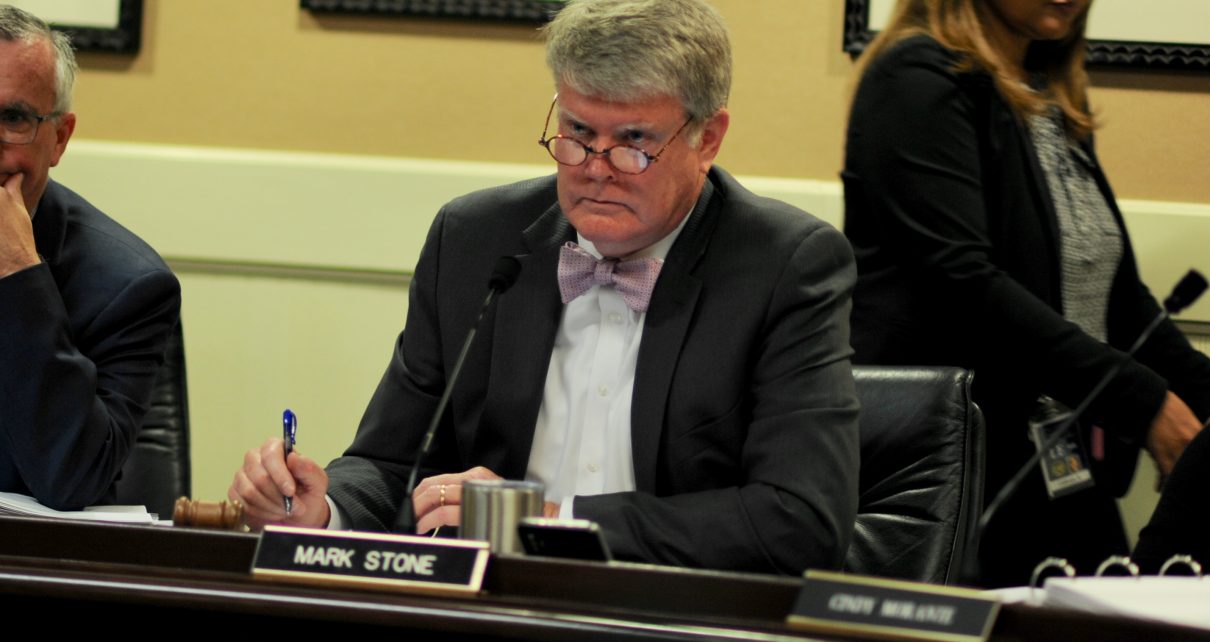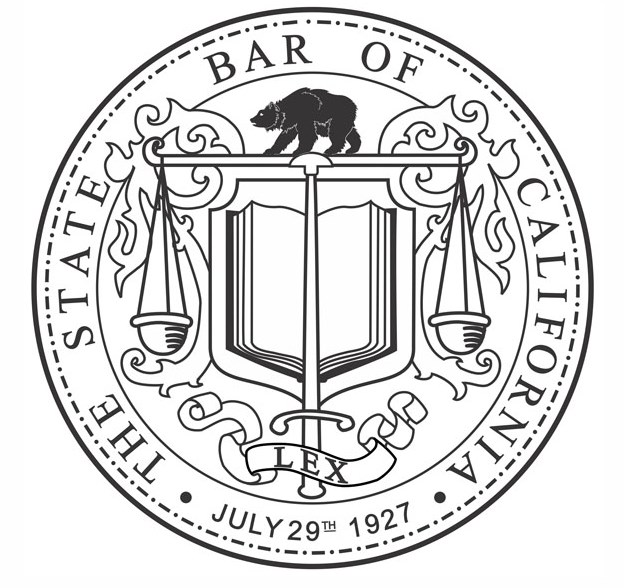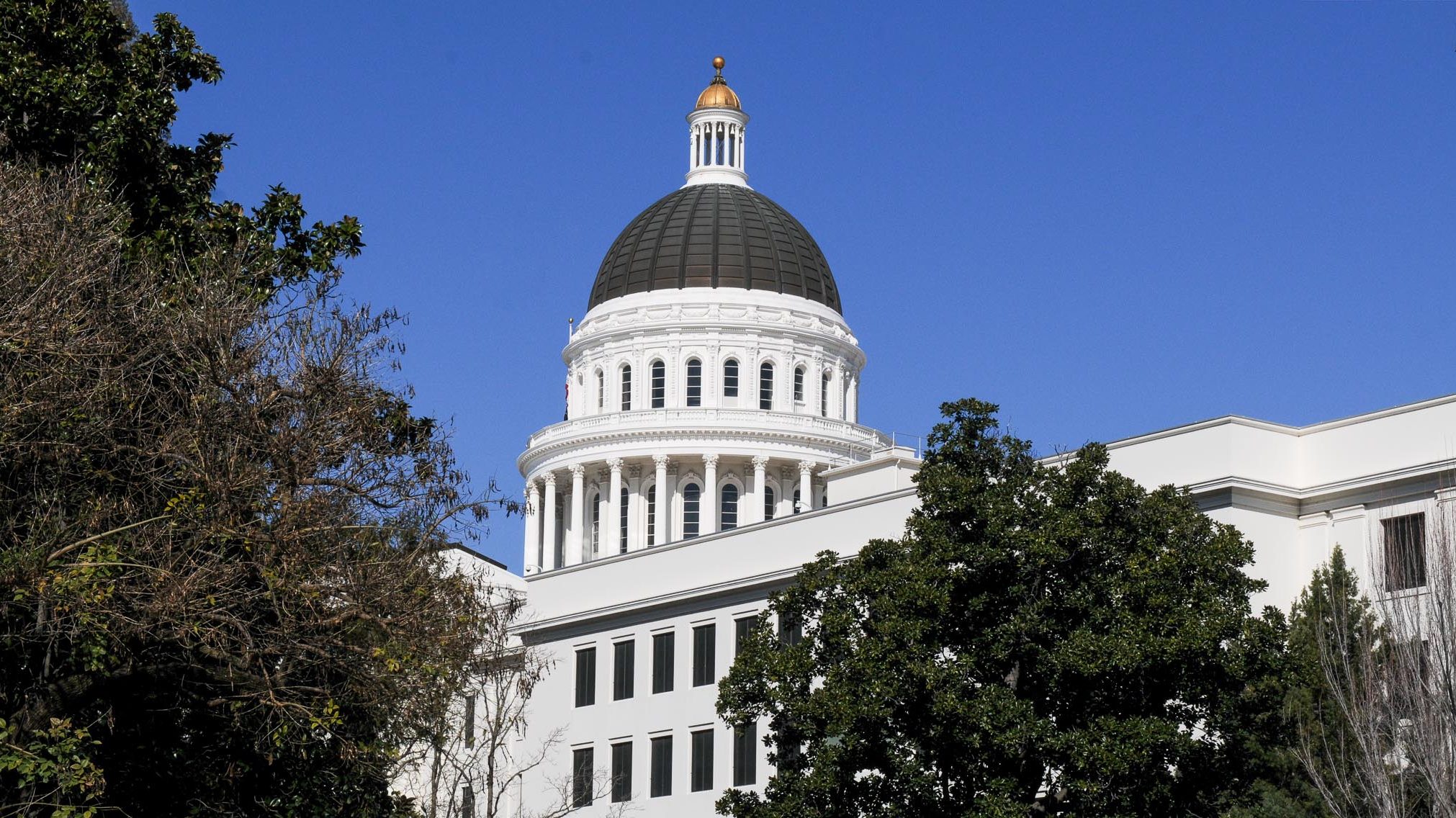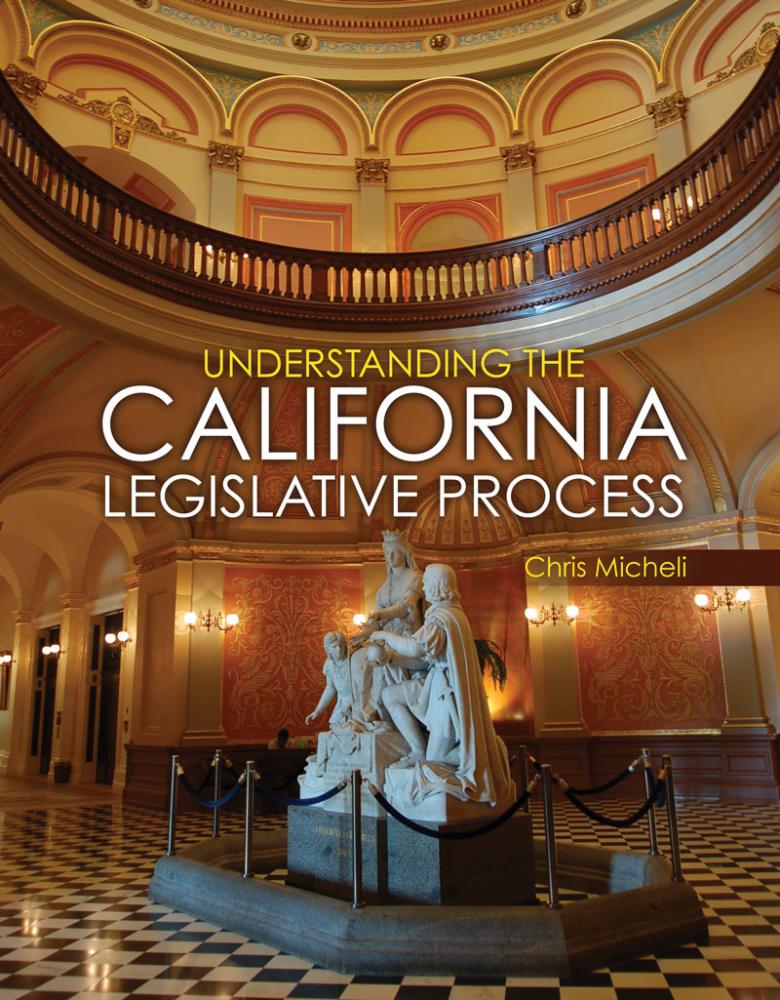
Assemblyman Mark stone. (Photo: Kevin Sanders for California Globe)
California Adds New Exception for Use of No-rehire Agreements
Allows an employer to include a no-rehire clause in a settlement agreement with a worker who filed a complaint
By Chris Micheli, September 14, 2020 8:18 pm
Assembly Bill 2143, by Assemblyman Mark Stone (D-Monterey), was enacted during the 2020 Legislative Session to expand the number of categories for which no-rehire agreements are allowed. The bill was signed into law by Governor Newsom on September 11 as Chapter 73.
Under existing California law, Section 1002.5 of the Code of Civil Procedure, there is a prohibition on agreements to settle an employment dispute from containing a provision that prohibits, prevents, or otherwise restricts a settling party that is an aggrieved person from working for the employer against which the aggrieved person has filed a claim or any parent company, subsidiary, division, affiliate, or contractor of the employer.
AB 2143 requires the aggrieved person to have filed the claim in good faith for the prohibition to apply. In addition, existing law creates an exception from the prohibition if the employer has made a good faith determination that the aggrieved person engaged in sexual harassment or sexual assault.
AB 2143 requires the determination of sexual assault or sexual harassment to be documented by the employer before the aggrieved person filed the claim. The bill also expands this exception to include determinations that the aggrieved person engaged in any criminal conduct.
AB 2143 amends Subdivision (b)(1)(B) to require the employer to make and document a good faith determination before the aggrieved person filed the claim that the aggrieved person engaged specified that current law includes harassment or sexual assault, and is now expanded to include “or any criminal conduct.”
Essentially this bill allows an employer to include a no-rehire clause in a settlement agreement with a worker who filed an official complaint in good faith if, before the worker filed the complaint, the employer made and documented a good faith determination that the worker engaged in sexual harassment, sexual assault, or any criminal conduct. The purpose of these settlement agreements is intended to ban the worker from ever seeking work with that employer again.
Last year, California enacted AB 749 (Stone, Ch. 808, Stats. 2019) to address the problems associated with no-rehire provisions. Basically, AB 749 prohibited the use of no-rehire clauses in settlement agreements resolving disputes in which the worker had filed an official complaint against the employer. AB 749 contained an exception for situations in which the employer makes a good faith determination that the complaining worker had themselves engaged in sexual harassment or assault.
AB 2143 expands upon that exception to allow employers to use no-rehire clauses against any employee when the employer determines the employee engaged in criminal conduct. In order for the employer to use a no-rehire clause, the bill requires the employer to have made and documented its determination that the employee engaged in sexual harassment, sexual assault, or any other criminal conduct before the employee files a complaint.
The bill was supported by business trade associations and there was not any formal opposition to the bill. The bill’s author, Assemblyman Mark Stone states that the bill was a response to concerns raised by employers and the Governor’s office to consider other exemptions. The California Chamber of Commerce led a coalition in support of the bill, but did note that they “believe there are additional, non-criminal reasons that justify an employer prohibiting reemployment of an individual.”
- Death Deeds in California - February 27, 2026
- Sources of Law - February 26, 2026
- Commercial Fishing - February 26, 2026




